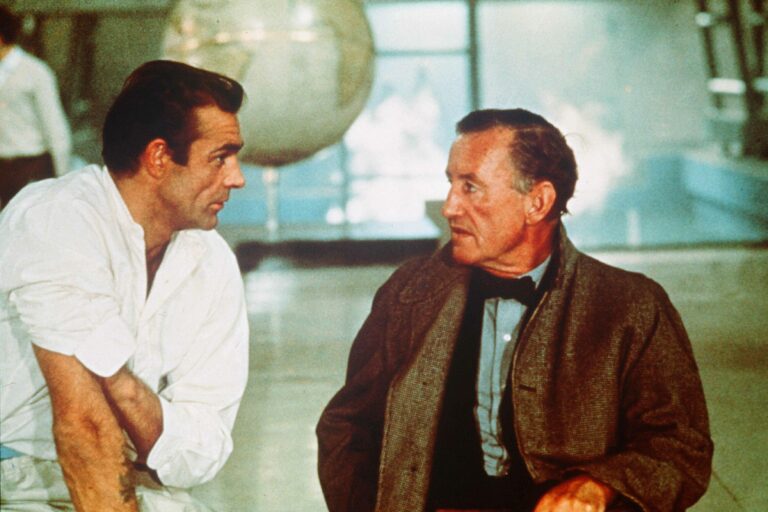Ian Fleming, the creative genius behind the suave spy James Bond, had a specific vision for his character: elegance personified. This vision clashed dramatically with his first impression of Sean Connery, who Fleming initially believed was too much of a “roughneck” to portray the sophisticated agent 007. In Nicholas Shakespeare’s biography “Ian Fleming: The Complete Man,” the author reveals the depth of Fleming’s reservations. Fleming’s film agent, Robert Fenn, who recalled Fleming’s shock upon meeting Connery, noted that the actor “couldn’t speak the Queen’s English” and was far from the novelist’s ideal of the debonair operative.
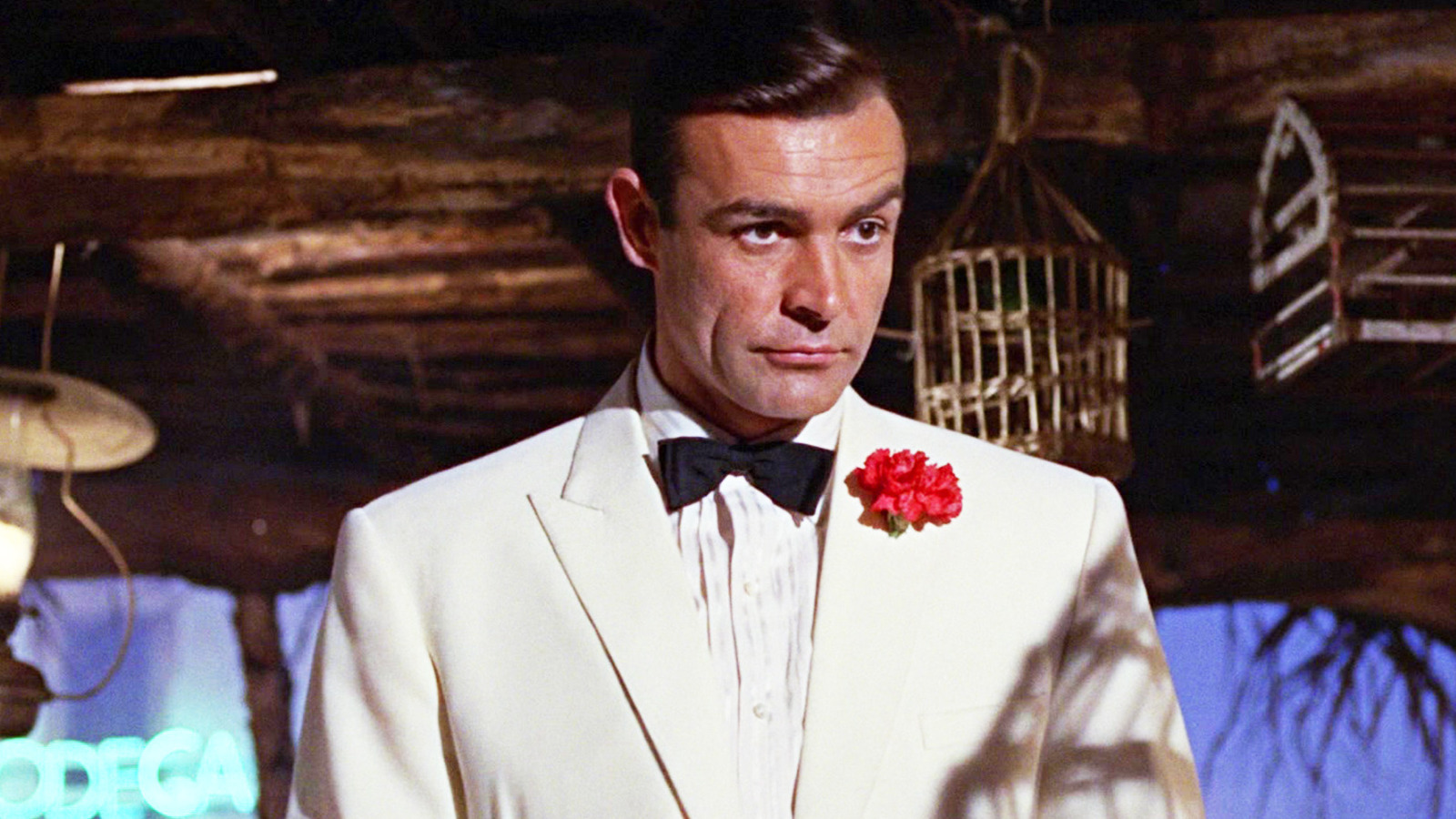
Fleming’s Quest for the Perfect Bond
The journey to bring James Bond to the silver screen was a tumultuous one, involving numerous considerations for the lead role before settling on Connery for the 1962 hit “Dr. No.” The likes of Richard Burton, Cary Grant, and even Roger Moore, who later donned the role, were in the running, showcasing Fleming’s broad but specific criteria for his protagonist. Fleming’s quest for an actor who embodied both the physicality and elegance of Bond reflects the intricate planning that went into the franchise, which has thrilled audiences with its blend of action, intrigue, and technological wizardry.
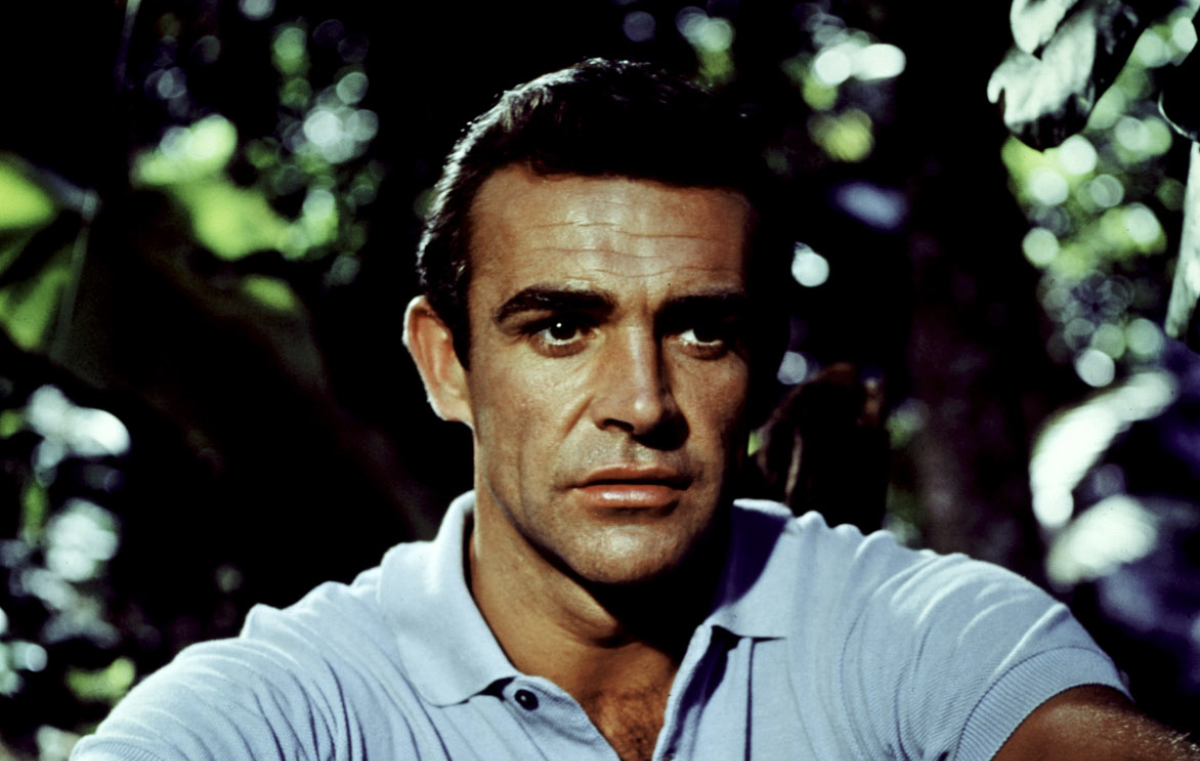
Connery’s Reflections and Fleming’s Final Acceptance
Despite Fleming’s initial reluctance, Connery’s portrayal of James Bond received acclaim and contributed significantly to the character’s legacy, a sentiment echoed by Bond producer Michael G. Wilson and co-producer Barbara Broccoli. In an interview with Melvin Bragg, Connery revealed his awareness of Fleming’s early opinions, recalling a label Fleming had for him—an “over-developed stunt man.”
However, their eventual meeting was cordial, with Connery describing Fleming as “very interesting, erudite and a snob.”
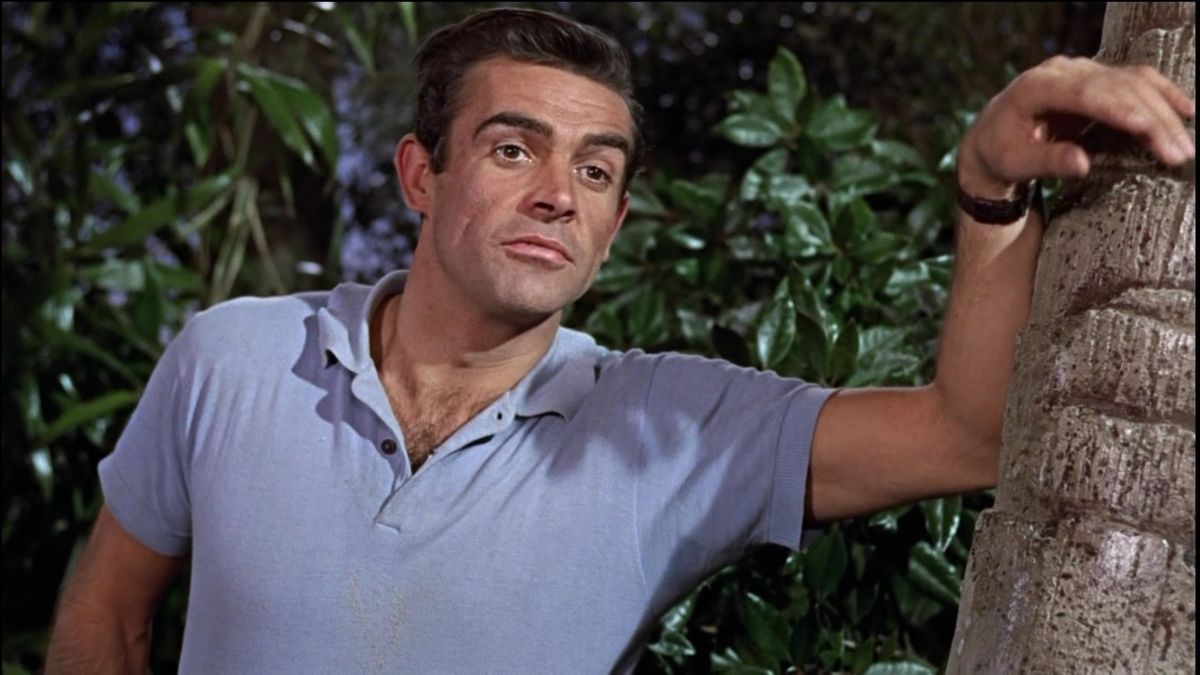
The Legacy of Connery’s Bond
Sean Connery’s interpretation of James Bond not only won over Fleming but also captured the imagination of the global audience, setting the standard for the charismatic, cool, and cunning spy. His movies, from “Dr. No” to “Never Say Never Again” in 1983, were commercial successes and pivotal in establishing the cinematic Bond as a cultural icon. This adaptation from the printed page to the silver screen also paved the way for a long-lasting franchise that continues to evolve while staying true to its roots in Fleming’s original creation.
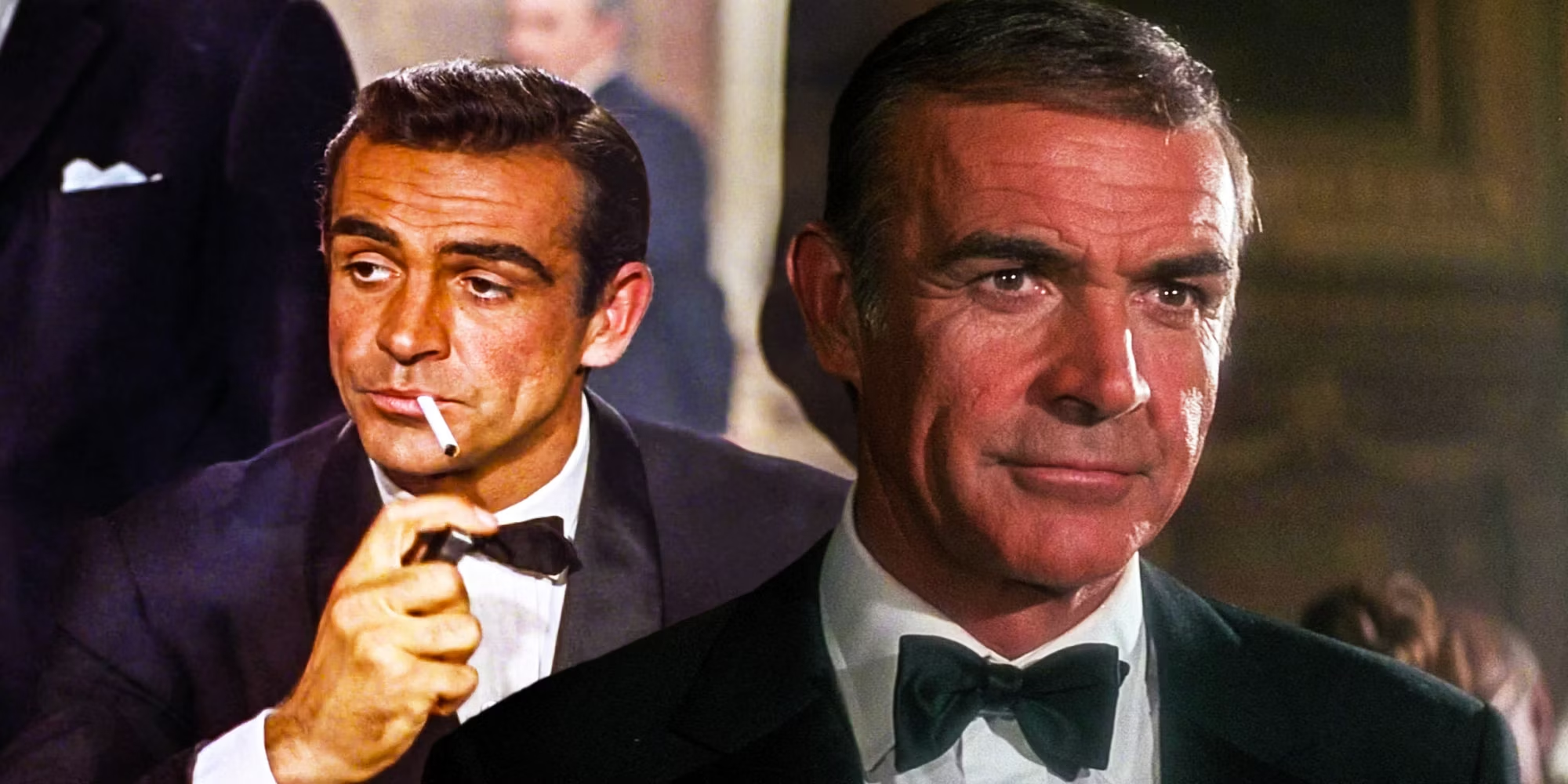
In retrospect, the choice of Sean Connery as James Bond, though initially contested by Ian Fleming, was a fortuitous one, intertwining his rugged charm with the character’s sophisticated essence. This blend helped define the very nature of a cinematic hero, making Bond one of the most enduring figures in film history.
